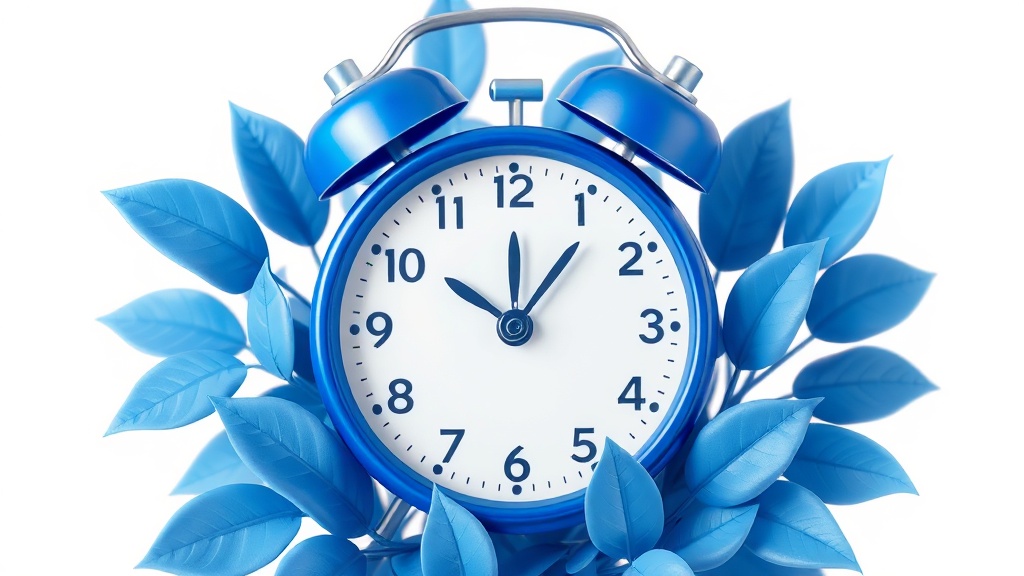Home / Lifestyle / Daylight Saving Time Debate Intensifies as Clock Changes Loom
Daylight Saving Time Debate Intensifies as Clock Changes Loom
19 Oct
Summary
- Daylight saving time ends on November 2, 2025
- Efforts to abolish time changes have failed to pass into law
- Experts recommend adjusting sleep routines to cope with the transition

With daylight saving time set to end on November 2, 2025, the debate over eliminating biannual clock changes is heating up. While many Americans dislike the time shifts, efforts to pass legislation have so far failed to become law.
The Sunshine Protection Act, which would have made daylight saving time permanent, passed the Senate in 2022 but went no further. Supporters are still pushing for the bill's passage, arguing that the time changes have a "very real impact on our economy, our health and our happiness."
However, the issue remains divisive, with some politicians preferring to keep daylight saving time over standard time. Experts, such as the National Sleep Foundation, are united in calling for permanent standard time, citing the negative health consequences of the mismatch between the outside world and our internal clocks during daylight saving time.
Advertisement
To help cope with the upcoming transition, experts recommend gradually adjusting bedtime and wake-up schedules, as well as getting plenty of bright morning light on the day of the change. Establishing a healthy sleep routine can also make the shift easier to manage.




